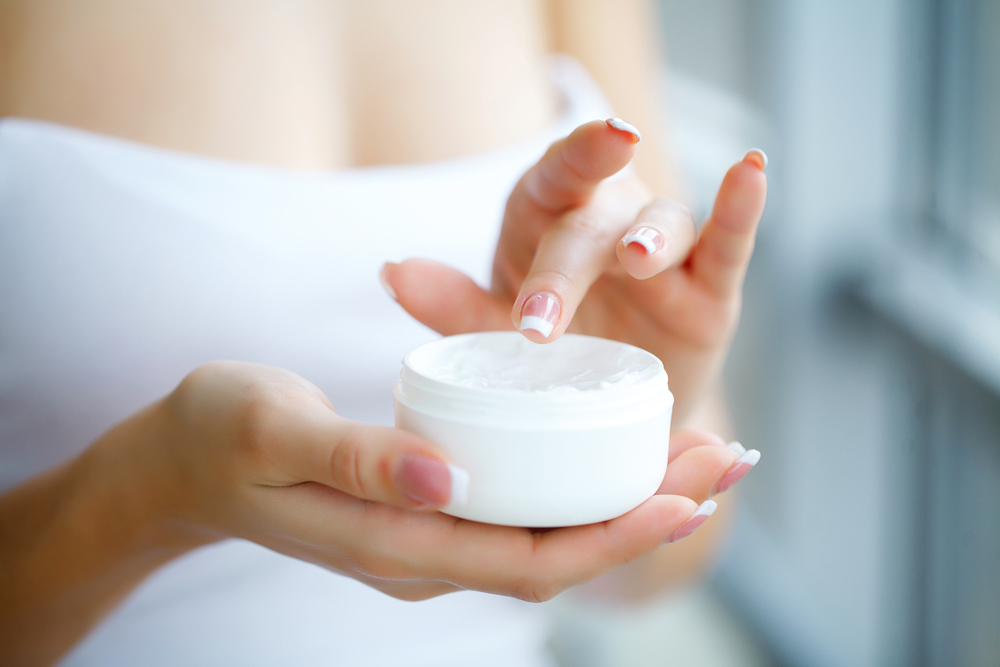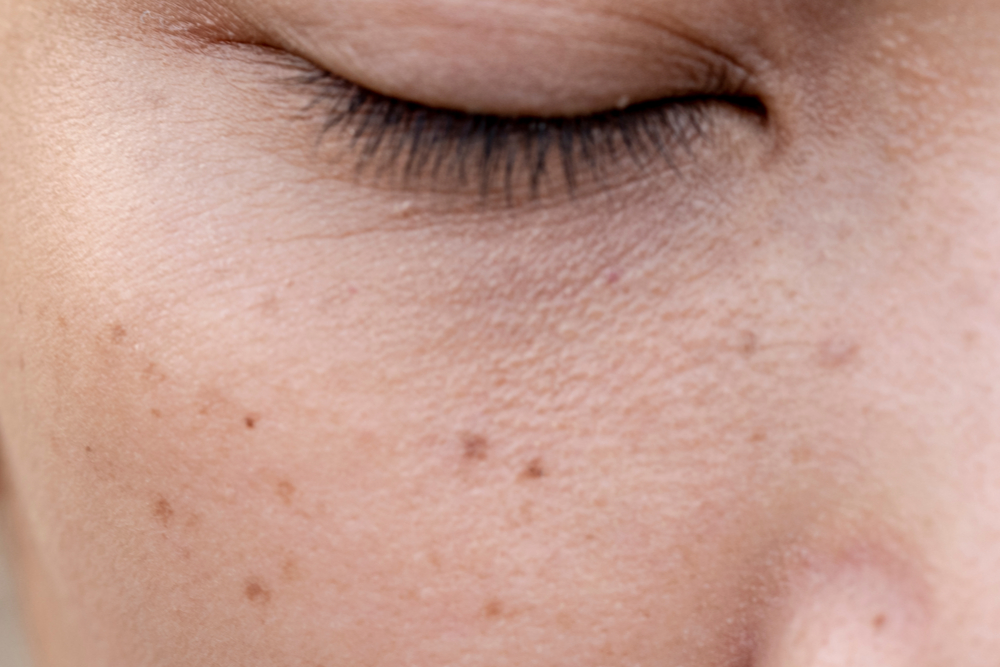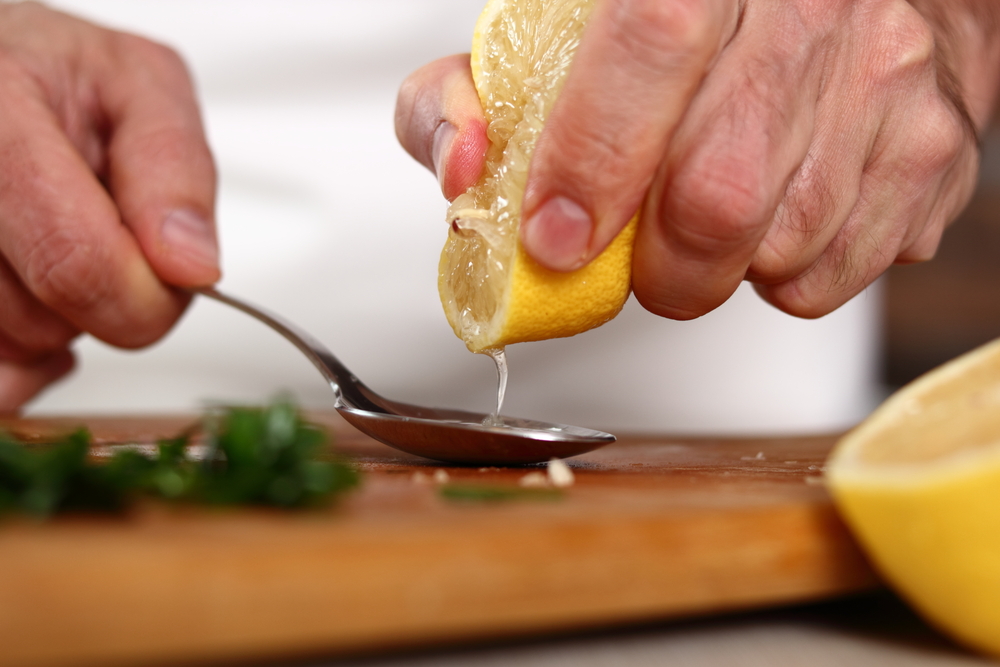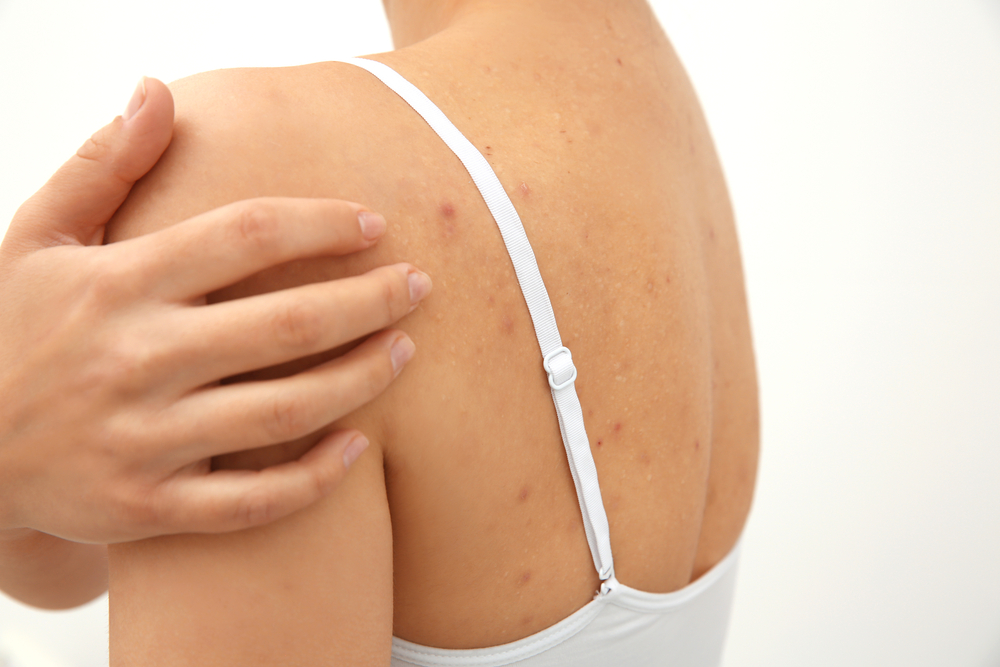- Parabens are synthetic compounds that are used as preservatives.
- They can be found in a wide range of foods and cosmetic products.
- Research shows a possible link between parabens and certain health issues.
Parabens are a class of artificial preservatives that are present in a range of cosmetic products. They are inexpensive to produce and provide effective protection against microorganisms, which explains why they have been the preferred choice of manufacturers for decades.
Take a look at the ingredient list of your favorite beauty or personal care product and there is a very high probability you will see parabens listed.
Despite their widespread use, parabens are highly controversial. In addition to being harsh to skin, many experts believe that parabens may be associated with a variety of health problems and adverse side effects. Here’s what the latest research tells us.
What are parabens?
Commercialized in the 1950s, parabens (an abbreviation of p-hydroxybenzoic acids) are a family of synthetic compounds used extensively as preservatives in a wide range of cosmetic products, including moisturizers, shampoos, and lotions.
In fact, according to the David Suzuki Foundation, an estimated 75–90% of all cosmetics contain some level of parabens. Parabens can also be found in a variety of foods, such as beer, soft drinks, jams, syrups, and pharmaceutical products. As a result, most people are exposed to parabens from many different sources — every single day.
Parabens that enter the body, whether absorbed through the skin or ingested, are metabolized and quickly excreted. Under regulations set out by the Food and Drug Administration (FDA), cosmetic products are currently allowed to contain up to 0.4% for a single ester (type of paraben) and 0.8% for total parabens. Safety assessments support the safety of parabens in cosmetic products at these thresholds.
Why are parabens used in beauty and personal care products?
According to Dr. Jeanine Downie, a New Jersey-based board-certified dermatologist, parabens are commonly used in cosmetics due to their exceptional antimicrobial activity.
“Parabens as preservatives help reduce the bioburden that can occur from constantly opening and using a product that may come in contact with contaminated or unclean skin and air,” explains Dr. Downie. “Essentially, they prevent the product from spoiling and becoming a nidus [site of origin] for the growth of bacteria or fungi.”
This is particularly important given that your bathroom — the place you probably store your cosmetics — is a breeding ground for many microorganisms (including harmful bacteria) due to the presence of warmth and moisture. If left unchecked, these microorganisms could cause cosmetic products to deteriorate and present a serious health risk to consumers.
The antimicrobial properties of parabens protect cosmetic products against this degradation, thereby extending their shelf life considerably, while safeguarding consumers against harmful bacteria.
Parabens and allergies
One of the most common side effects of parabens is that they can induce an allergic reaction, particularly among people that have existing skin conditions.
If you have psoriasis, eczema, rosacea or any other skin issue that affects skin sensitivity, you may want to consider avoiding parabens.
“I advise my patients to avoid parabens, especially if they have a history of a sensitivity to skin care products, suffer from eczema or from hives,” says Dr. Downie. “Parabens are inherently difficult for sensitive skin types to be exposed to, leading to rashes that can cause itch, redness, and potential scarring.”
Do parabens cause breast breast cancer?
Much of the fear surrounding parabens stems from a 2004 study published in the Journal of Applied Toxicology. Researchers set out to determine whether parabens could accumulate in the body over the long term when exposed to low-level doses.
This study involved extracting the tissue from 20 human breast tumors and analyzing the breast tissue using thin-layer chromatography (a technique that separates a mixture of chemical substances into its separate components). The researchers found traces of parabens in 19 of the 20 women studied.
At first glance, these results might seem alarming, but it cannot be considered conclusive evidence that parabens cause breast cancer. Yes, parabens were present in the cancer tumor samples, but that does not imply causation.
As noted by the American Cancer Society, “The researchers looked only for the presence of parabens in breast cancer samples. The study did not show that parabens caused or contributed to breast cancer development in these cases — it only showed that they were there.”
Parabens and male infertility
There are several studies that suggest parabens could have an adverse effect on the male reproductive system, and sperm quality in particular. However, most of these have involved animal subjects, and very few have been conducted on how parabens affect sperm quality in men.
In a 2017 investigation, believed to be the first of its kind, researchers collected urine samples of 315 men attending an infertility clinic. They found a strong association between parabens and abnormal sperm shape, DNA damage in the sperm, and decreased testosterone level.
However, other studies have found no association between parabens and poor sperm quality. For example, in an investigation published in Environmental Health and Preventive Medicine, researchers explored the effects of paraben exposure on the sperm quality of 42 Japanese males whose partners had visited gynecology clinics in Tokyo for infertility consultations. They found no negative association between urinary paraben concentrations and poor sperm quality.
More research is needed to fully understand this relationship.
What beauty products contain parabens?
As noted, parabens can be found in the majority of cosmetic and pharmaceutical products. The good news is that it is fairly straightforward to identify which products contain them — all you have to do is take the time to read the list of ingredients.
By law, all cosmetics and over-the-counter drugs sold to consumers must provide a full list of ingredients. This is critical for ensuring that consumers are able to make an informed decision about which ingredients they choose to expose their body to.
Parabens are easy to identify on the ingredient list because they all end in “paraben.” Generally speaking, there are four main parabens you can expect to find in cosmetics:
- Methylparaben and ethylparaben: These antifungal agents are added to cosmetics and foods to prevent the formation of bacteria.
- Propylparaben: Often found in water-based cosmetics such as shampoos, creams, and lotions.
- Butylparaben: One of the most common fungicidal additives in cosmetics, butylparaben is thought to work by preventing bacterial DNA from forming.
Unless you intentionally shop for paraben-free products, there is a good chance that most of the beauty products you currently use contain at least one of the aforementioned parabens. They can be found in many types of cosmetics and personal care products, including:
- Facial moisturizer
- Foundation
- Lipstick
- Sunscreen
- Deodorant
- Shampoo
- Concealer
- Eyeshadow
- Anti-aging cream
Note that this not in an exhaustive list. Parabens can also be found in many types of foods and pharmaceutical drugs.
The bottom line: Are parabens dangerous?
The risks associated with parabens are probably not quite as significant as some critics would have you believe. While some people with sensitive skin may find that parabens cause irritation or induce a reaction, the effects are mostly superficial and usually easily reversed.
If you do wish to avoid parabens, a number of manufacturers have started producing paraben-free products in recent years — check the ingredient list or look for a “paraben-free” label.
When it comes to the more serious health concerns, there is no conclusive evidence to prove that parabens can cause cancer or sperm toxicity.
» For more information regarding which cosmetics are best suited to your skin, be sure to book a consultation with an experienced dermatologist.









